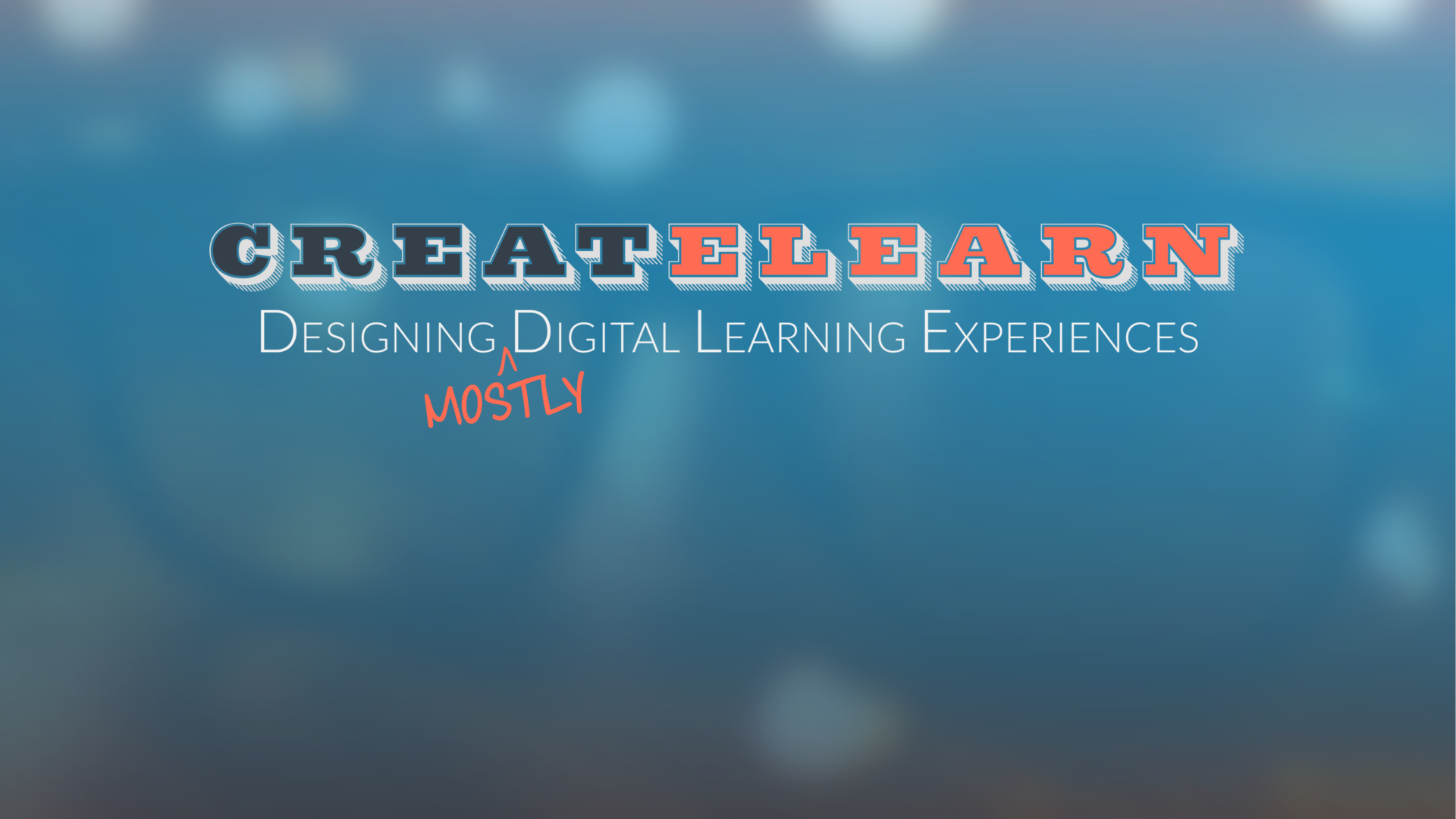How do you learn new skills? Stop and think about that for a second.
- Are you deliberate and focused on acquiring new skills until you accomplish your learning goal?
- Do you have a trajectory in mind but learn new random skills along the way?
- Are you not learning anything on purpose and all skills are acquired haphazardly?
- Or are you somewhere completely off the spectrum of learning I outlined here?
Watching the following video inspired me to think of a formalized way to learn a new skill. I like some of the points he makes but I think he misses a couple points. The three things he touches on related to his process for learning a new skill:
- Get started
- Find mentors
- Practice
One thing that Chase Jarvis missed is to be specific about what you want to learn. Without an end goal in mind, it’s near impossible to get started without many failures and restarts. It’s like playing darts in the dark.
The reason Chase doesn’t hit on this is because he assumes people know the skill they want to learn. This leads me to my first suggestion.
1. Write out your personal learning goal
Start with at the end. What skill do you want to learn? Specifically, write out a goal. Put it on the refrigerator, on your car dash, on a bulletin board at work. And keep it in focus at all times.
2. Make it measurable and set a deadline
For instance, learn one new feature or tool within a software each day or once a week.
3. Identify sub-skills you need for the main skill
4. Make a plan and apply the skill to a meaningful project
CREATE! Take action, fail and act again. Practice doesn’t make perfect, but it does make permanent. As a result, use the skill you are trying to learn repeatedly. You won’t gain the skill if you are practicing.
How traditional methods have blinded learners
As an L&D professional, I receive what seem to be random learning requests from clients, but they aren’t random. These requests just aren’t clearly defined need or goal before receiving the request.
Requests sometimes start like this:
Client: “I need to get Excel training.”
Me: “Why?”
Client: “I don’t know what I don’t know and I need someone to tell me what I need to know.”
Me: “Can you give me an example of how you would need to use Excel?”
Client: “Like…Pivot Tables, Cells, and Advanced Formulas. I need to know that kind of stuff.”
Although this request seems random there is a method to this individual’s madness. Ultimately I assume, she sees a need to learn Excel as a means to advance and prove herself a valuable asset to her company. This is her goal.
And her plan is to have an in-person training and trainer tell her what she needs to know. Whether she would practice the skill(s) afterward, is up to her drive to advance her Excel prowess.


You must be logged in to post a comment.